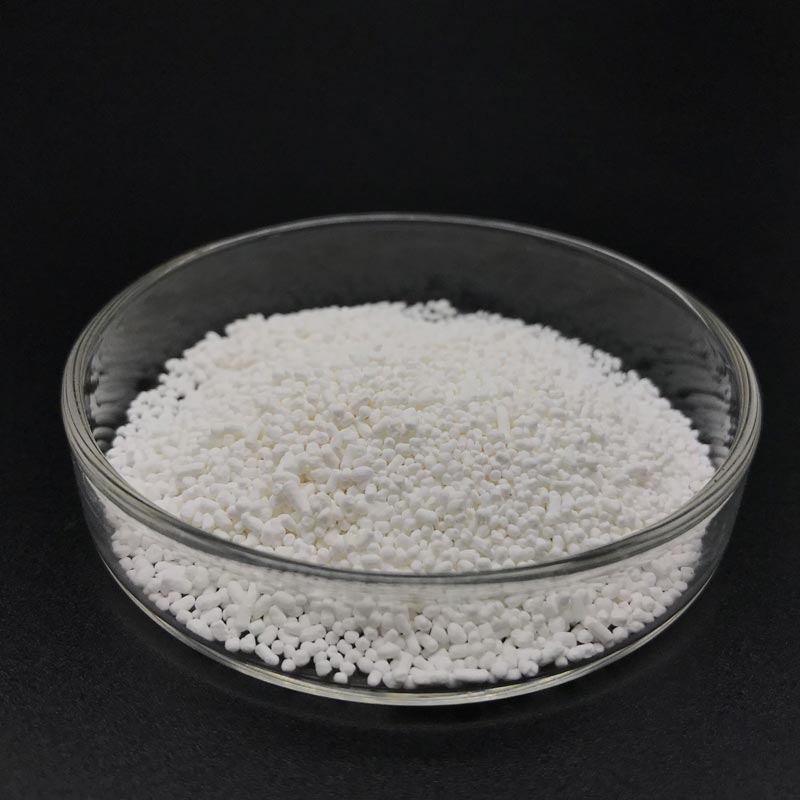Water Treatment Agents: The Key to Clean and Safe Water
2025-06-04
Water is essential for life, industry, and agriculture, but ensuring it is clean and safe requires effective treatment methods. This is where water treatment agents come in — specialized chemicals designed to purify, condition, and protect water for various uses.

What Are Water Treatment Agents?
Water treatment agents are chemical substances added to water to remove impurities, prevent contamination, and enhance water quality. They play a vital role in both industrial and domestic water treatment processes, addressing issues such as hardness, microbial growth, corrosion, and turbidity.
Common Types of Water Treatment Agents
1. Coagulants and Flocculants
These chemicals help gather suspended particles into larger clumps, making it easier to filter or settle them out of the water.
2. Disinfectants
Agents like chlorine, ozone, and hydrogen peroxide kill harmful bacteria, viruses, and other pathogens.
3. Corrosion Inhibitors
Added to prevent damage to pipes and equipment caused by water corrosion.
4. Scale Inhibitors
Prevent the formation of scale deposits in boilers, cooling towers, and pipelines.
5. pH Adjusters
Chemicals used to balance the acidity or alkalinity of water to optimal levels.
Why Are Water Treatment Agents Important?
Health Protection: Remove harmful microorganisms and contaminants that can cause diseases.
Equipment Longevity: Prevent corrosion and scaling that damage pipes and machinery.
Environmental Compliance: Help industries meet regulations on wastewater discharge.
Improved Efficiency: Enhance the performance of boilers, cooling systems, and irrigation.
Applications of Water Treatment Agents
Municipal Water Treatment: Ensuring safe drinking water for communities.
Industrial Processes: Treating process water to protect equipment and ensure product quality.
Agriculture: Conditioning irrigation water to prevent clogging and improve crop health.
Wastewater Treatment: Removing pollutants before water is released back into the environment.
Choosing the Right Water Treatment Agent
Selecting the appropriate agent depends on the water source, the contaminants present, and the specific treatment goals. Testing and analysis are essential to develop an effective treatment plan.
Final Thoughts
Water treatment agents are indispensable in maintaining clean, safe, and efficient water systems across a wide range of applications. Their use not only safeguards human health but also protects infrastructure and supports sustainable environmental practices.


